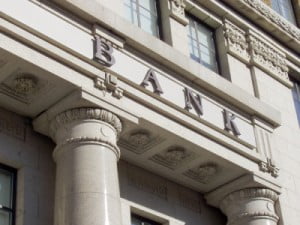One of the most common reasons why bankruptcy is filed includes obtaining protection for personal assets from creditors. When you file bankruptcy assets such as bank accounts will likely be protected. Some debtors worry if their account will close once the petition is filed. Mostly likely your account will remain open and you won’t lose assets connected to the account. Yet, there are a few things to consider when it comes to your bank accounts.
Before filing for bankruptcy you want to make sure you are on good terms with the bank you have an account with. If you owe outstanding debt such as overdraft fees or a line of credit in which you intend to have discharged, you may want to switch banks. Review contract or bank account terms; automatic payments (also known as a set-off) could be made from your account if you have fallen behind on payments due. While this depends on your bank or credit union it is possible they may withdraw payment without your consent even before or after your filing. A bank account may be closed if it has a balance that will be eliminated in bankruptcy.
Bankruptcy offers protection for bank accounts through exemptions which vary depending on the state you reside. In many cases bank accounts can be protected if funds in the account are used to support living expenses. If you need to open a new account it may be easier to do this before you file. Some banks may have you wait a few years after you file.
Reference: http://www.duncanlawonline.com/what-happens-to-bank-accounts-in-bankruptcy/
